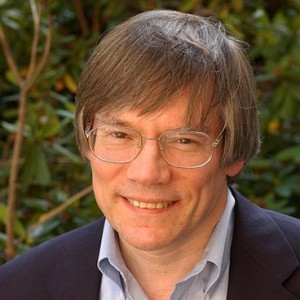Move Over, Alfred Nobel. There's a New Science Prize in Town
-
-
slice.mit.edu
Filed Under
Recommended

You can imagine how it is for physicists sitting around hoping for a Nobel Prize. First there's all that research. Then the decades of waiting while their amazing discovery is verified by experiments.
Well not anymore.
Russian billionaire Yuri Milner surprised the world last week by handing out $27 million to nine scientists—one of them an alumnus and professor—as part of the inaugural Fundamental Physics Prize. The award recognizes "transformative advances in the field," and unlike the Nobel, it can be given to scientists with uncorroborated research. At $3M per prize, it's also the most lucrative science award ever given.
Alan Guth ’68, SM ’69, PhD ’72, the Victor F. Weisskopf Professor of Physics at MIT and a faculty member since 1980, received his "for the invention of inflationary cosmology, and for his contributions to the theory for the generation of cosmological density fluctuations arising from quantum fluctuations in the early universe, and for his ongoing work on the problem of defining probabilities in eternally inflating spacetimes."
In simpler terms, as the MIT News Office points out, Guth's research seeks to answer questions such as: What can particle physics tell us about the history of the universe? and What can cosmology tell us about the fundamental laws of nature? Learn more about Guth's work.
Prize founder Milner earned an advanced degree in theoretical physics from Moscow State University in 1985 but gave up on a PhD in the same field in favor of an MBA from UPenn's Wharton School of Business. He made his fortune investing in social networking companies like Facebook, Twitter, Zynga, and Groupon.
Milner told The Guardian that he wanted the award sum to be significant, "to send a message that fundamental science is important."
And the strings? There aren't many. The prize is meant to allow recipients "more freedom and opportunity to pursue even greater future accomplishments"—though they are expected to raise public awareness of physics by presenting talks for a general audience. These lectures will be made available online. Awardees are also invited to serve on the selection committee for future prizes.
In addition to the $3M award, there is also a $100K New Horizons in Physics Prize. Anyone will be able to nominate candidates online, and a person may win multiple times. Learn more about the rules.







